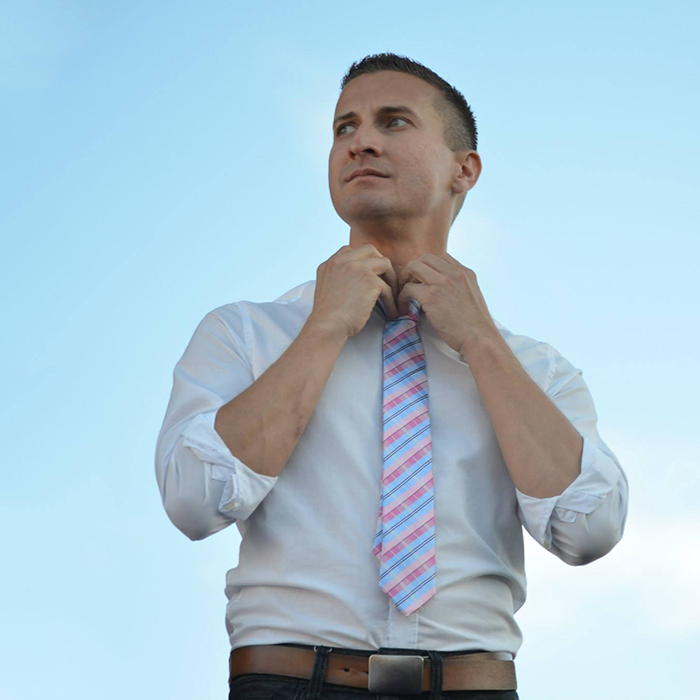On Tuesday, a jury found Derek Chauvin guilty for the murder of George Floyd – marking the first time in Minnesota’s state history that a white police officer was held accountable for the murder of a Black man, an auspicious and painful “first.” Police have shot and killed over 135 unarmed Black men and women around the country since 2015; less than 10% of those killings led to any criminal charges.
While many of us have hope that this verdict may open the door to holding police accountable, this is only one small step, and this one case does not bring justice for Black folks across America. The fact that many of us were holding our breath in anticipation of the verdict in this case, that many of us were surprised that a White police officer would actually be held accountable for the excruciating 9 minutes and 29 seconds that he kneeled on George Floyd’s neck, is in itself an indictment of our current broken system.
The verdict on Tuesday does not bring back George Floyd. The one guilty verdict does not in any way ease or erase the long legacy of police killings of Black and Brown people in this country. George Floyd should be alive. Adam Toledo, a 13-year-old Latinx boy killed by police in Chicago on March 29th, should be alive. Daunte Wright, the young Black man killed by police on April 11 in Brooklyn Center, MN – just 10 miles away from where the jury was deliberating in the Chauvin case – should be alive. Ma’Khia Bryant, the 16-year-old Black girl killed by police in Columbus, Ohio on Tuesday – the same day as the Chauvin verdict – should be alive. Their lives mattered. The police violence that these Black and Brown folks faced is not unique to Minnesota, or to Illinois, or to Ohio. The current culture within law enforcement agencies across America is untenable and incompatible with valuing Black and Brown lives.
This country’s promise of liberty and justice for all has not yet been met. Black and brown folks in the United States deserve so much more than our current system provides. We have to believe that it’s possible to get there, to end discrimination and systemic justice, and to bring about a systemic and cultural shift that truly values Black and Brown lives. San Diego Pride remains committed to engaging in the work to end discrimination and systemic injustice locally, nationally, and globally. We hope you join us in this work so our movement remains Resilient.
In Solidarity,
Jen LaBarbera
Education & Advocacy Manager
San Diego Pride
Fernando Z. López
Executive Director
San Diego Pride
